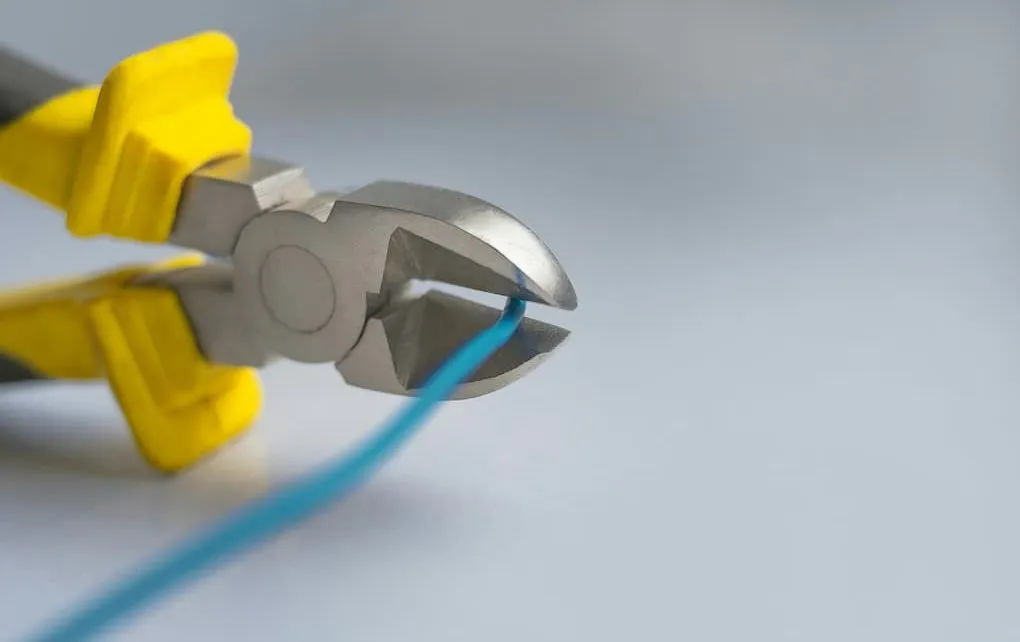A key unit of the training package for air conditioning and refrigeration apprentices is under review, with proposed changes that could see technicians unable to perform electrical work that is currently part of their job.
The unit, UEERA0051 Install, commission, service and maintain air conditioning systems, is now open for public comment, and industry bodies from the HVAC&R sector are encouraging their members to provide feedback.
The proposed changes focus on the selection and installation of cables and the terminology used around “main switch,” which some stakeholders argue falls outside the scope of work for air conditioning and refrigeration technicians.
Another concern raised is that successful completion of this unit, combined with the UEE32220 Certificate III in Air Conditioning and Refrigeration, may allow technicians to obtain a restricted electrical licence in some jurisdictions. This could potentially allow them to work beyond their certified expertise, “raising safety concerns for employees, households, and the wider public”.
In response to this, the changes to the unit would remove training around wiring work within air conditioning and refrigeration systems, and also exclude competencies around connecting indoor and outdoor units. Once this is removed from the national training package, it would then follow that this work could only be done by a licensed electrician in all parts of Australia.
Industry bodies such as RACCA and the ARC are pushing back against the proposed changes.
“Refrigeration and air conditioning mechanics have the skills and knowledge to work on the whole system, including electrical work,” says RACCA Australia President Kevin O’Shea.
“With a restricted electrical licence, air conditioning and refrigeration technicians are allowed to work on all the electrics of a system, even replace burnt-out wiring, and make minor changes to electrical wiring. Each state has its own allowable work that a technician with a restricted electrical license can undertake. So, it seems ridiculous that they would not be taught to wire from the main isolator to the unit or wire the interconnecting wiring between the indoor and outdoor unit.
“RACCA therefore strongly opposes any move to reduce or restrict the electrical content in which air conditioning and refrigeration technicians are currently receiving training.”
More information on the review can be found here.
Public comment is open until Friday, November 8. Comments can be sent via the consultation page.
Photo by Tymur Khakimov at Pexels.
 Mark Vender
Mark Vender


Leave a Reply